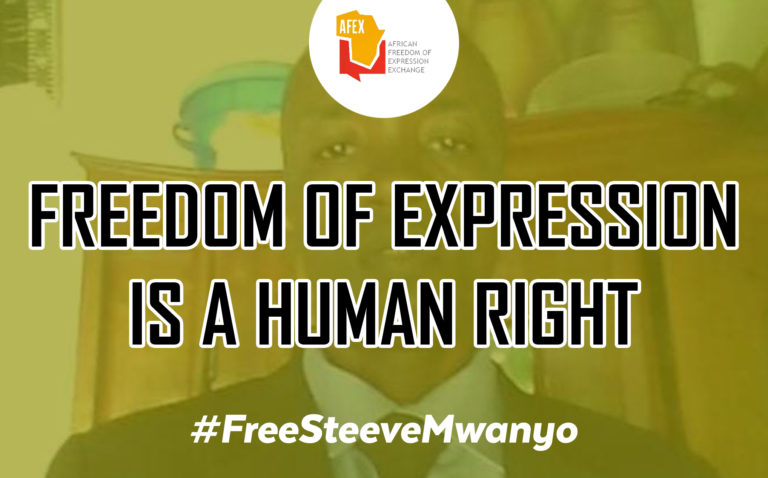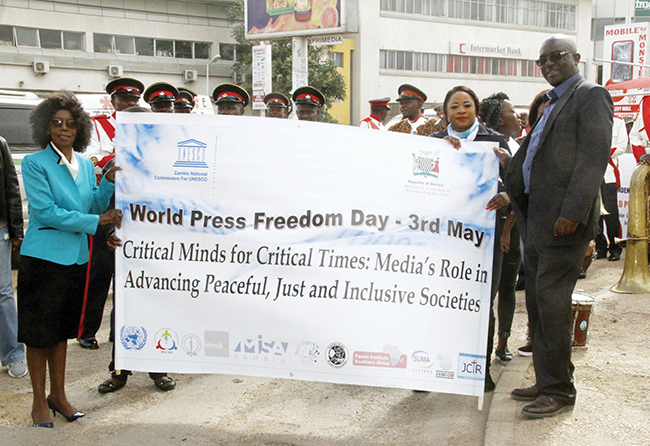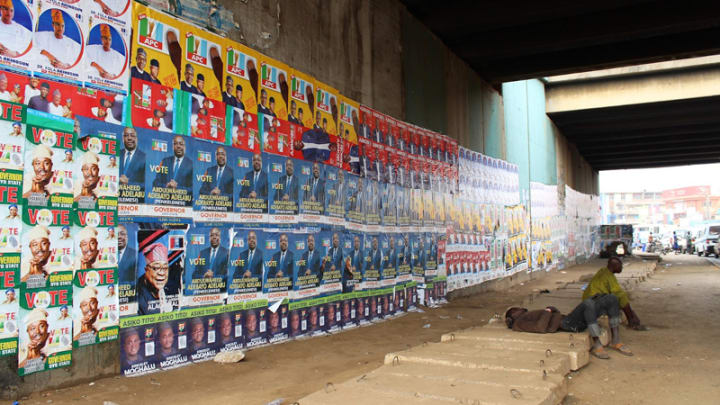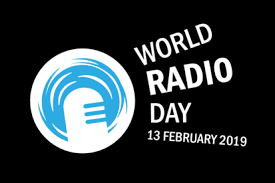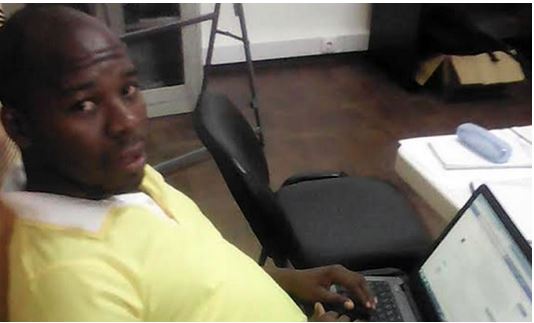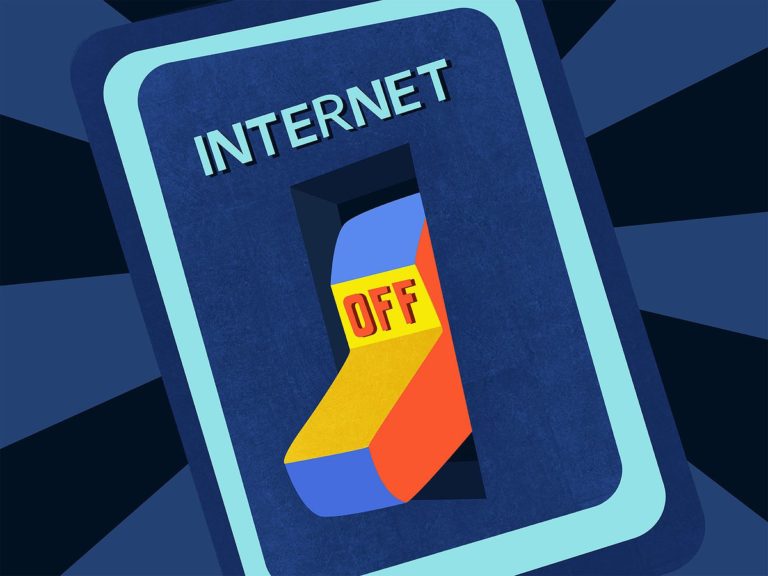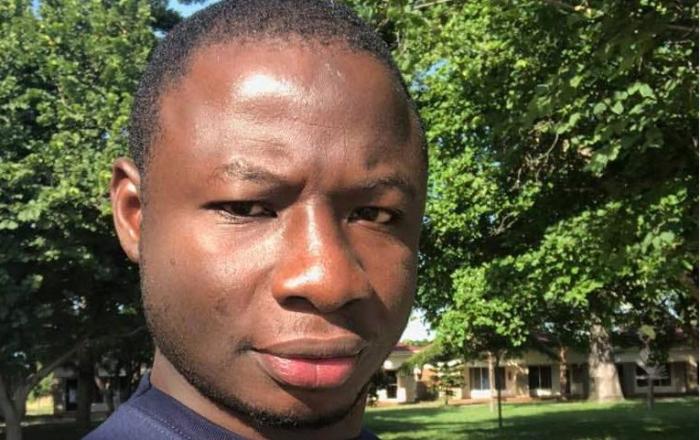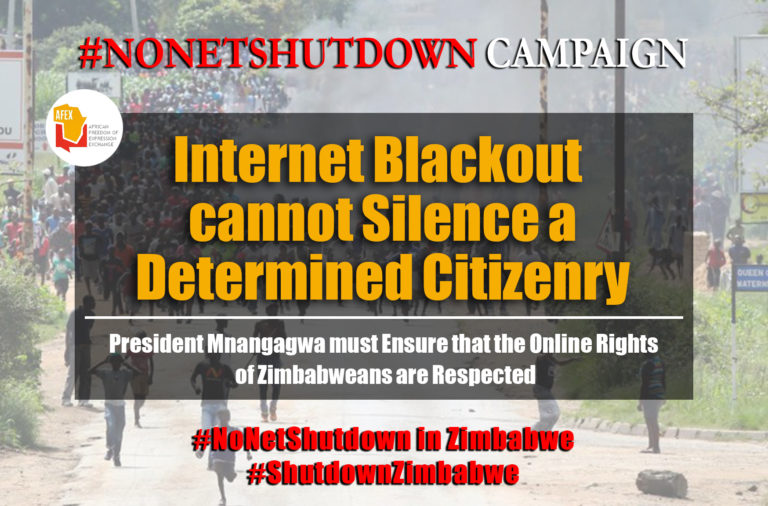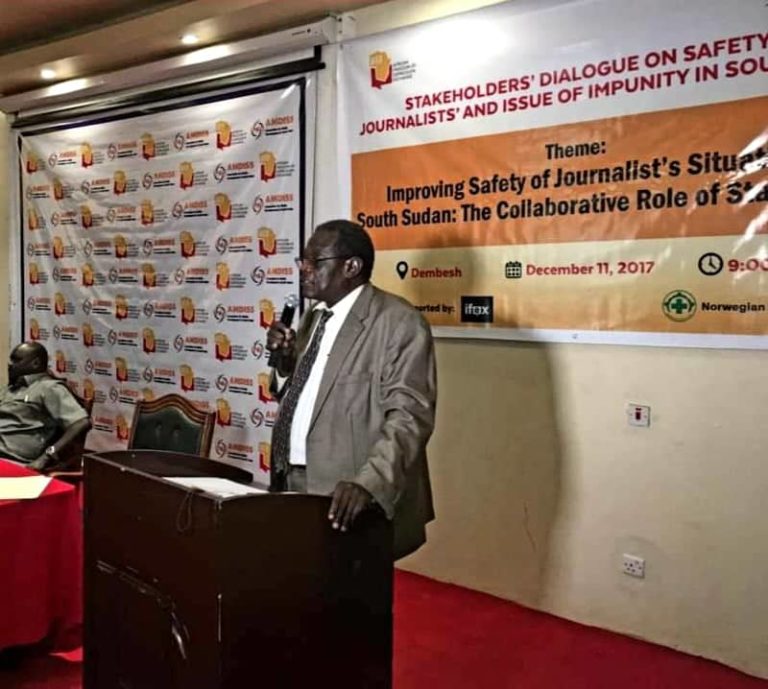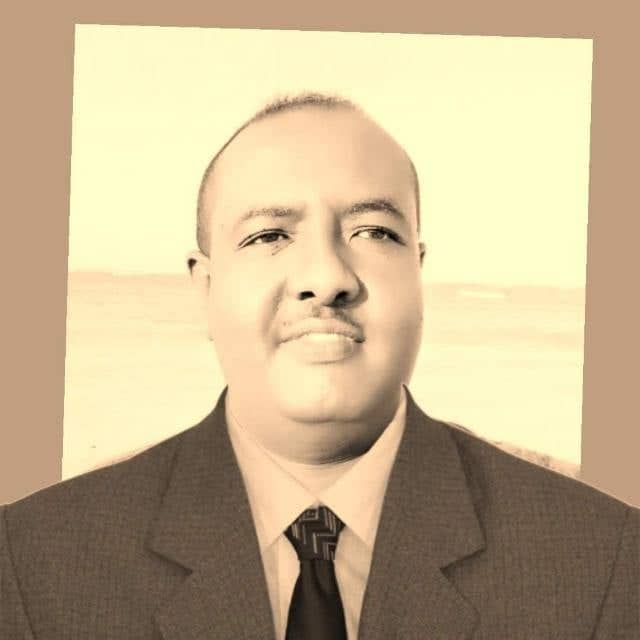The African Freedom of Expression Exchange (AFEX) and its member in the Democratic Republic of Congo (DRC), Journaliste en Danger (JED) denounce the sentencing of a journalist working with Radio-Television Sarah (RTS).
According to JED, the Mbandaka Peace Tribunal on Friday, March 1, 2019, sentenced Steeve Mwanyo Iwewe to a year in prison for “insulting” the governor of Ecuador, a province located north-west of the Democratic Republic of Congo (DRC). Iwewe was also asked to pay a fine of $200 to the complainant.
The incident dates back to February 27, 2019 when Iwewe was covering demonstrations by officers of the Environmental Coordination council in the province, who were demanding the local government to absorb 5% of the cost of their operations.
Upon arrival at the scene of demonstration, the governor of the area, Bobo Boloko Bolumbu inquired about the situation and ordered one of his aides to prevent the journalist (Iwewe) from filming the demonstrations.
The journalist resisted and asked the governor to allow him carry out his journalistic work freely.
“You came here to do your work, let me also do mine freely (…)”, he reportedly told the governor.
Iwewe’s remarks angered the governor who ordered the police officers present to arrest him.
The police physically assaulted Steeve Mwanyo Iwewe and detained him at the Mbankak central police station for a few hours. He was transferred to the Mbandaka High Court the same day for trial. However, following the intervention of Iwewe’s lawyers, the case was canceled. The lawyers cited procedural flaws with regard to the arrest and the inhuman treatment inflicted on their client. Steeve Mwanyo Iwewe was taken to Mbandaka Central Prison where he was detained, until March 1, 2019 when he was sentenced to 12 months in prison.
Three other journalists working with the same television station, Trésor Nsaebeinga, Yannick Vital Mbombo and Jean-Claude Mafundisho told JED that they have been in hiding since February 28, 2019 for fear of reprisals. They added that their homes were visited on the evening of February 27 (the same day Iwewe was arrested) by police officers with arrest warrants following another complaint to the Mbandaka District Prosecutor’s Office by provincial governor for similar charges.
AFEX joins JED to firmly condemn this flagrant act of injustice against the journalist. Locking up a journalist for 12 months in prison for insisting on his constitutionally guaranteed right to cover a public event as a journalist betrays serious gaps in the Congolese criminal justice system. This is a flagrant abuse of authority by the governor to silence the media, which AFEX condemns in no ambiguous terms.
We call on the presiding judge overturn the decision and release Iwewe so he can continue his journalistic work freely and safely.
AFEX urges journalists in DRC to rise up against this act of repression against their colleague and call for the journalist.




